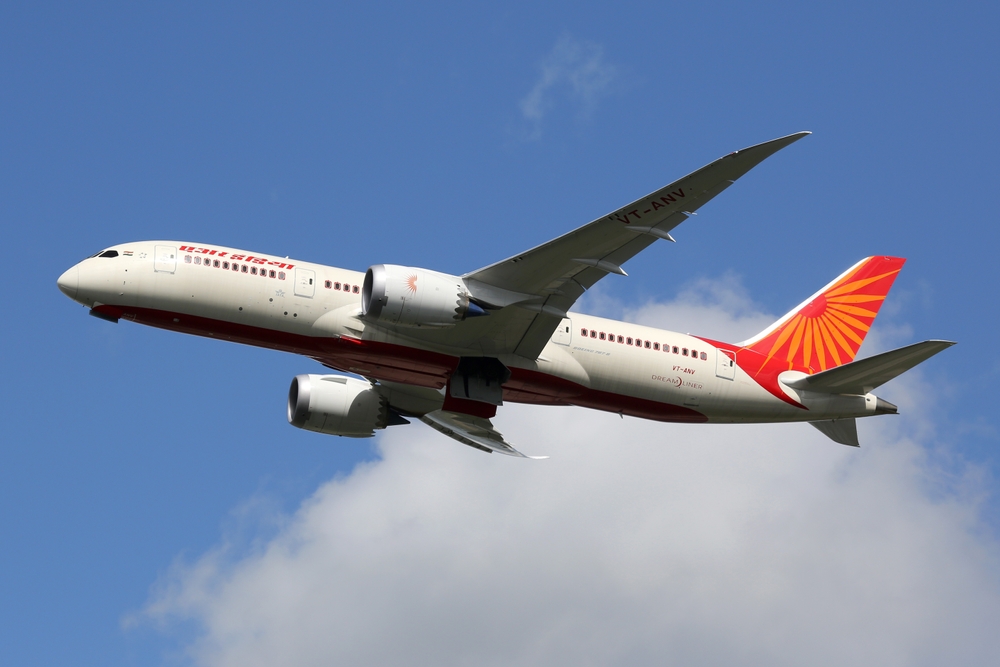From military operations to civilian endeavours, helicopters have been used in various industries since their inception during the 1940s. Despite their long-term use, there is still an inherent risk posed by helicopter transportation.
What are the risks associated with helicopter transportation?
The European Union Aviation Safety Agency’s (‘EASA’s) Annual Safety Review 2023 states there has been an increase in fatal accidents relating to helicopter transportation in Europe compared to the period between 2012-2021. The Federal Aviation Administration has also published statistics indicating that the accident rate for helicopters in the United States is 30% higher than for fixed-wing aircraft.
The Civil Aviation Authority (CAA) reported four serious helicopter incidents in 2022, which is far fewer than the 13 reported in 2021 but in line with each of the four years before that. Although the statistics in the UK are extremely low, the extent of the injuries relating to these accidents can be incredibly serious to the victims and families affected.
The high risk attributed to helicopters is usually related to the design of the aircraft. Helicopters rely on rotating rotor blades to generate lift and thrust (the main rotor), which results in a vertical take-off, alongside a second set of rotor blades (the tail rotor) to counter act the natural tendency of the helicopter frame to spin in an opposite direction to the main rotor (torque). A helicopter flight also requires continuous pilot control at a lower terrain. In the case of an emergency, this leaves a limited amount of time for pilots to react and regain control. This leaves a pilot and any passengers vulnerable to potentially fatal or life-changing injuries.
Why do helicopter accidents happen?
In an article published by the ‘WingTalkers’, 68% of helicopter accidents have been attributed to pilot error. Typically, this may be due to inadequate training, limited experience of the terrain/environment or pilot fatigue. In addition to pilot error, 20% of accidents are caused by technical failures, with 8% resulting from adverse weather conditions. It is important to discover the cause of the accident when considering whether a claim can be made.
Can I claim for a helicopter accident?
To determine whether a claim can be brought, the circumstances and cause of the accident will need to be considered with specialist aviation solicitors. Negligence is likely to be established if the accident occurred due to pilot error or other causes, such as a product defect in the case of manufacturing-related issues.
Our expertise in helicopter claims
Our Aviation team has extensive expertise and experience in dealing with technically complex aviation litigation in the UK and internationally. We are a leading law firm, ranked No.1 in The Legal 500 and Chambers and recognised as one of the top five firms for aviation accidents.
Contact us
If you or someone you know has been involved in a helicopter accident and would like to discuss the possibility of seeking compensation, please contact us.
-
Expertise
-
Experience
"Always responsive, always very clear, and they've been very quick in reacting and telling the client what the next step is. They are way ahead of everyone else; they've transformed the litigation market"
Chambers
"They are just top-rate; they are everything I would look for in lawyers - very responsive, extremely knowledgeable, and really care about their clients"
Chambers
"They are excellent - they offer a personal service, and I really felt that they had my best interest at heart. Also, they were efficient, and I was kept well informed of the progress of my case"
Chambers
Meet the Aviation team
Our team has unrivalled experience in dealing with aviation accident claims and aviation litigation.
We are ranked No.1 in the UK by Chambers and The Legal 500 and are one of the top five firms worldwide for aviation accident litigation.





